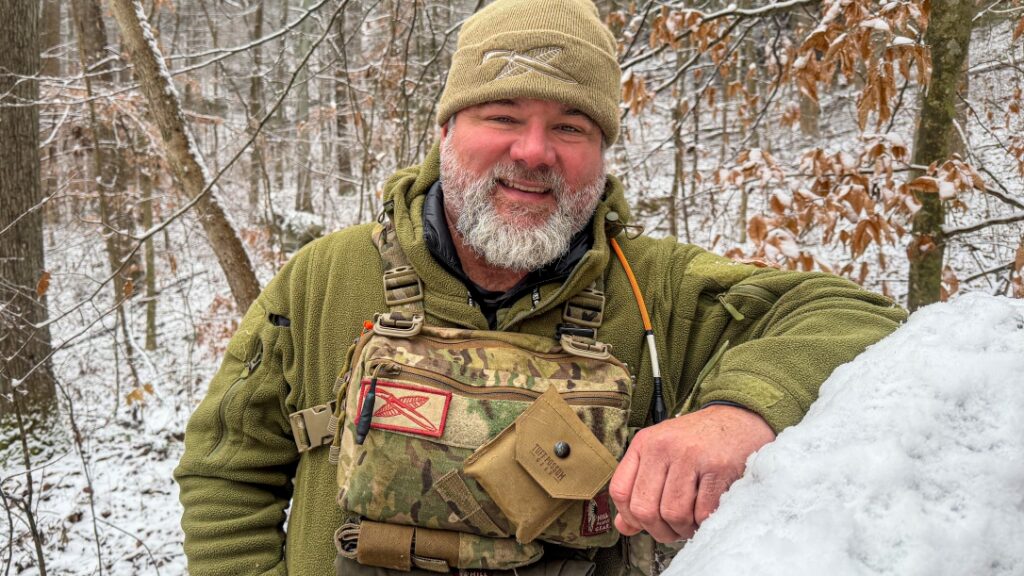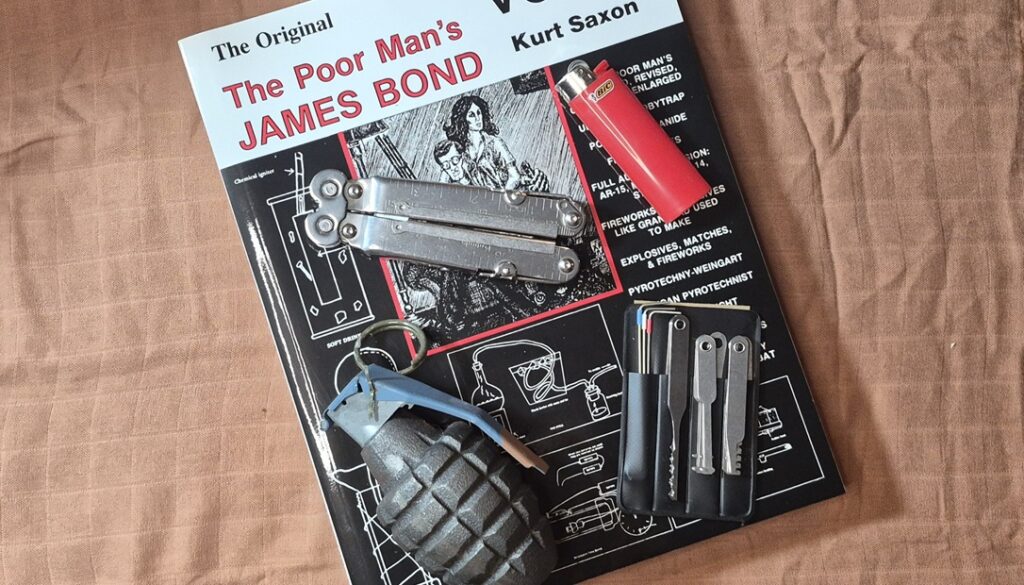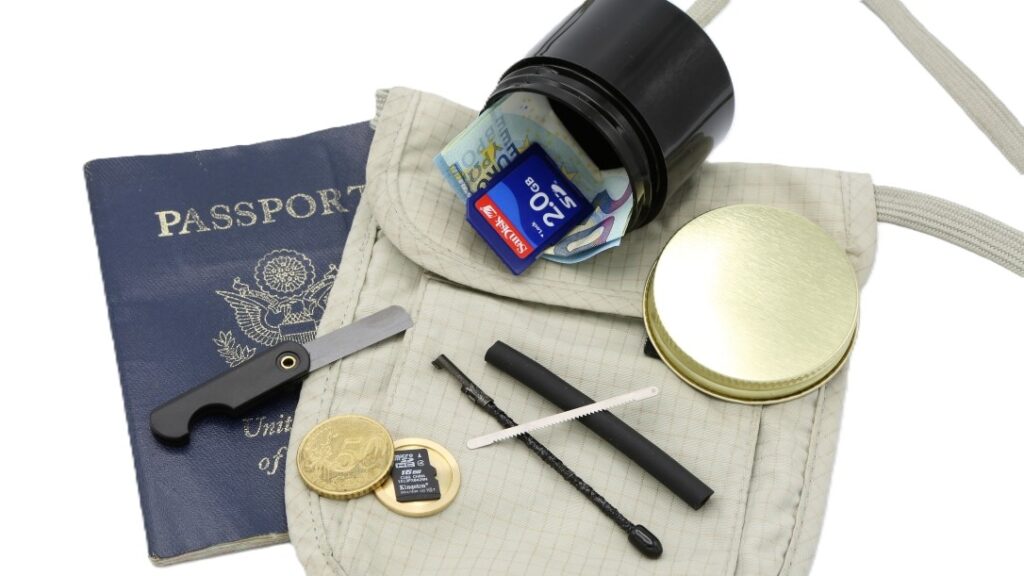Everyone wants to operate these days, and no one wants to soldier. Honestly, I’m not the type to hate on people who wear gear and train rifle CQB. It’s a ton of fun, and I do it too. Admittedly the operator stuff, the recce, the room clearing, the CQB, and even the sniper shots are all exciting and fun. Soldiering can be a bit boring, admittedly. When I say soldiering, I mean the common infantry tasks any E2 worth their salt would know as an 11B or 03__.
Soldiering is a little less sexy than operating but is chock-full of valuable skills that everyone should know. If you like your high-speed skills, you can keep your high-speed skills, but if you want to learn something new, you’ve come to the right place. Today we are going to examine five skills any proper infantrymen would be skilled in. Oh, and these skills are unrelated to firearms. These are what we’d call fieldcraft. So get ready to…
Rejecting Operating – Embrace Soldiering
Basic soldiering skills might seem a bit tame compared to clearing rooms, but these skills are the fundamentals of a good infantryman. Infantry forces are the queen of battle, and any actual military operator is going to know these basic skills on top of their high-speed training. I purposefully left off shooting skills to establish there is more to being high speed or even low speed than shooting things.
Advertisement — Continue Reading Below
Let’s dig into some soldiering skills.
Range Determination
Range determination is vital if you ever plan to hit your target beyond the typical engagement range, call for fire, or to make accurate observations. There are lots of ways technology can help, and rangefinders have become quite common, but there are other ways to determine. Certain ways involve a compass and pacing, like the Five Degree method, which can be quite handy to know and use, environment permitting.
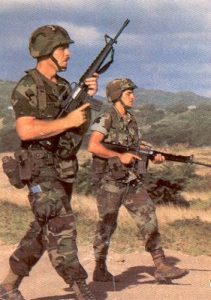
Advertisement — Continue Reading Below
There is also basic guessing, which sounds silly and ultimately relies on you being able to mentally picture a known distance and apply it to the battlefield. We always used football fields to do so. Lots of modern optics also have rudimentary range-finding tools like scales or the EoTech circle and dot reticle.
A trick for estimating range at long distances is knowing what certain objects look like at various ranges. The two pictures here come from the Marine Corps’ Scouting and Patrolling publication.
Find yourself a good means to estimate range and master it. Test yourself and check your work.
Advertisement — Continue Reading Below
Navigation With Map And Compass
My watch has a GPS built into it, and so does every smartphone, and in general, personal GPS units have never been cheaper or more widely available. Even in a world where GPS rules, knowing how to read a map and compass for navigation over land can be a lifesaver. This goes beyond soldiering but is clearly a proper skill for a good soldier. Batteries run out.
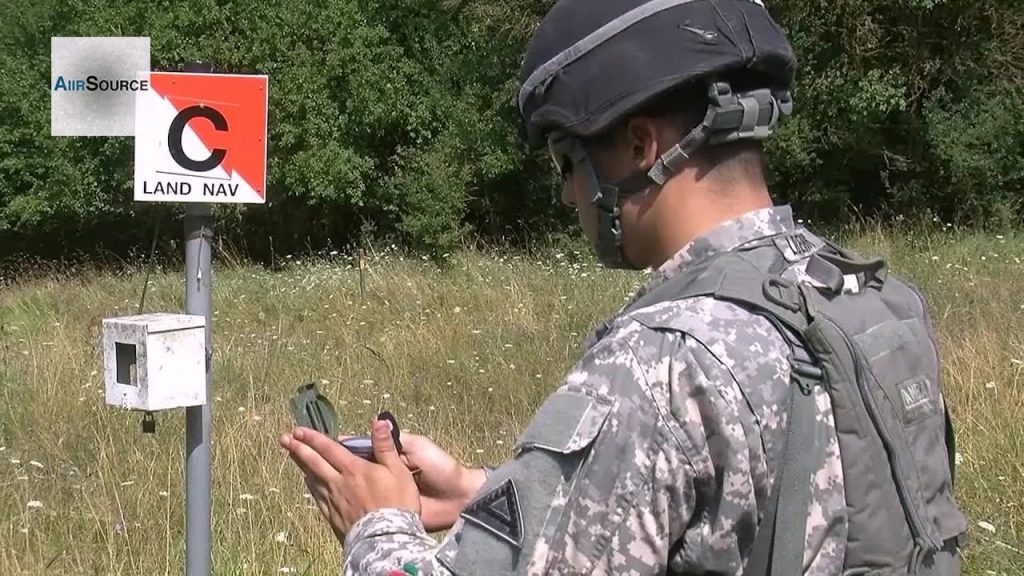
Know how to plot a destination, know how to read a compass, and know your pace count (how many of your steps take you 100 meters over open and rough terrain). This is a skill easily forgotten if not practiced.
Advertisement — Continue Reading Below
Effective Use of Camouflage
I’m not talking about slapping on your favorite shade of Multicam and calling it a day. Uniform/clothing is part of that, but camouflage goes beyond your Crye pants. Camouflaging yourself and your gear certainly makes sense, but also learn how to camouflage your position and use natural camouflage.
Anything that can reflect light should be covered or dulled. Anything that bangs, clamps, or dings about should be silenced.
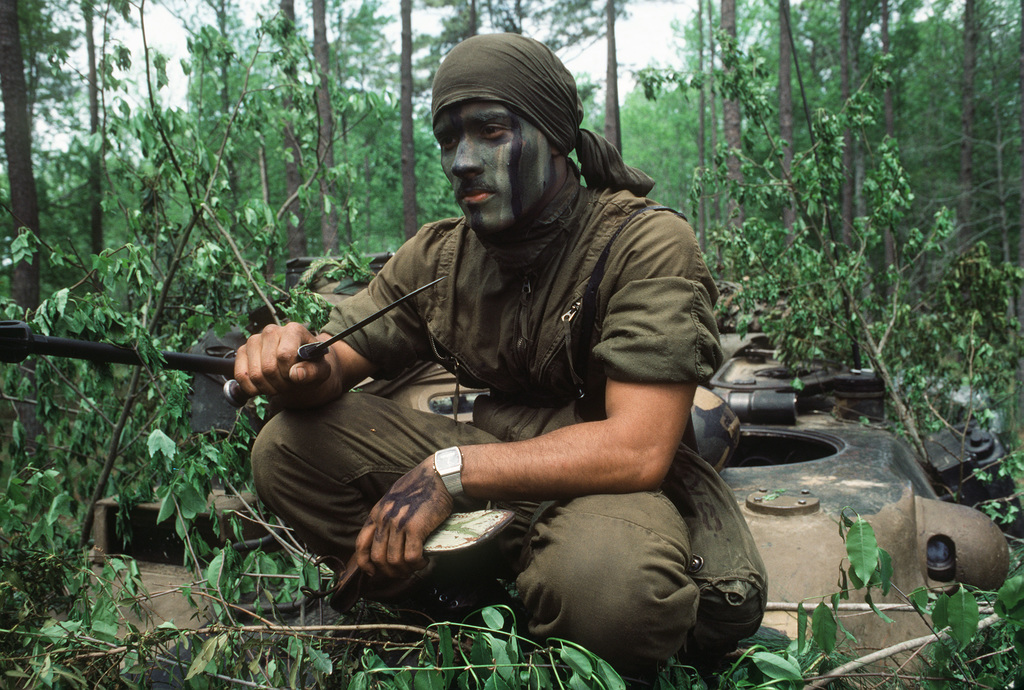
When you occupy a position, learn how to camouflage it. When you choose a position, consider the camouflage advantages it offers, like fallen logs, rocks, natural dips, and bushes. Avoid lone trees, fence corners, and other things that stick out by their lonesome.
Advertisement — Continue Reading Below
Camouflage is a very valuable soldiering skill to have. Remember, if your enemy can’t see you, you have an automatic advantage.
Observation
Observation is just looking. How can I goof that up? Well, what are you looking for is the question. Being observant is more than just looking for or at something. Good observation skills allow you to pick signs of the enemy, be it footprints, vehicle tracks, or even trash.
Footprints, tracks, and trash can do a lot for you. You can learn something about their numbers, you can learn about their discipline and skill level, as well as where they are going.
Advertisement — Continue Reading Below
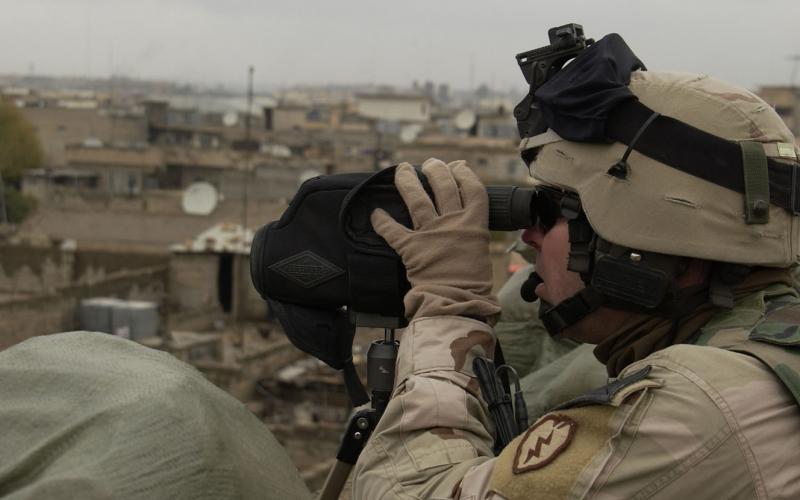
In terms of purposeful observation of a location, an enemy force, or any geographic location, learn how to approach and set in for observation. Understand how to approach an area for best observation and for best camouflage. Take advantage of a rising or setting sun, geographic conditions, and even the weather.
Observation is more than just looking around. It’s a valuable soldiering skill.
Advertisement — Continue Reading Below
Planning
Proper planning prevents piss poor performance, amiright? Everyone involved in an operation has some responsibility for planning. The NCOs and officers plan for their mission and the individual plans for their tasks.
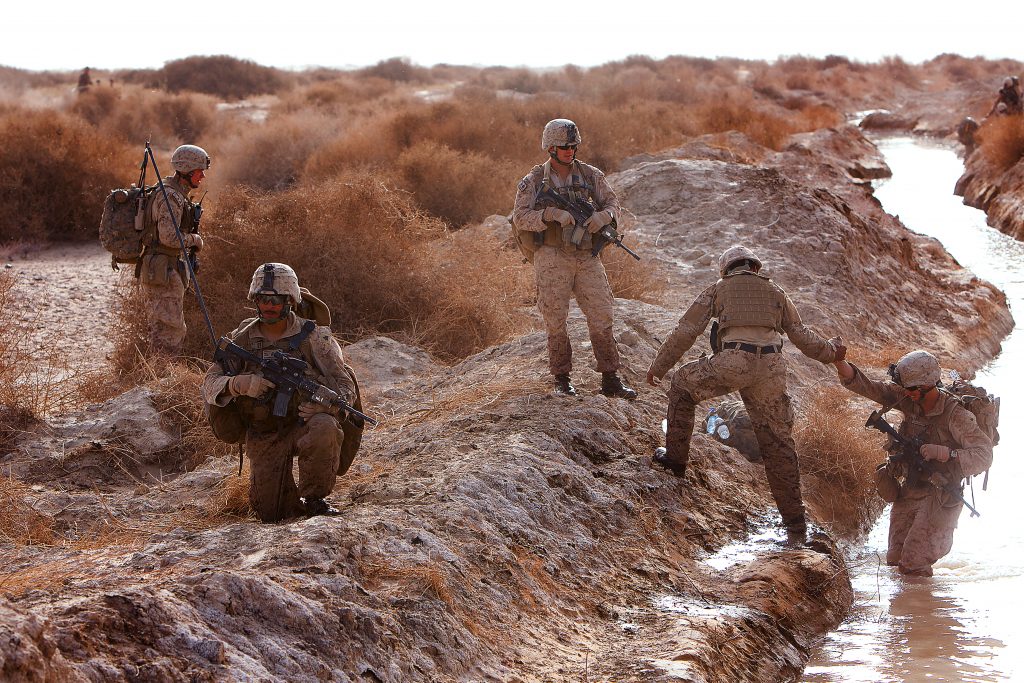
Plans help ensure success, and everyone should know their part in the plan and everyone else’s part in the plan. Plans include all your tactical scenarios and objectives but also plan for sustainment. How much food and water do you need?
Advertisement — Continue Reading Below
What’s your comms plan? Your prisoner plan? Your evacuation plan? Those are all valuable to consider and are a basic part of every mission operation. Planning goes beyond the leader of an op and should be something anyone can do.
Embrace Soldiering
These are the five skills I think are very underrated and underutilized. A lot of them are replaced or supplemented with technology, but a good analog method never goes out of style. If you are serious about your tactical training, open your mind to skills beyond the gun. Sure, you might never storm a POW camp to free your allies, but learning these basic skills can be handy in everyday life in general. They tie directly to hunting and survival in a group.
Plus, ammo is expensive, so why not learn something that won’t cost you 5.56.


